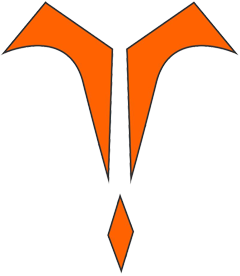Cerebellopontine Angle Meningioma as a Long-term Complication of Cranial Radiotherapy Used for the Treatment of Posterior Fossa Medulloblastoma: Case Report and Review of the Literature
DOI:
https://doi.org/10.5222/sscd.2016.72325Keywords:
Radiation-induced meningioma, medulloblastoma in children, late effect of radiation therapyAbstract
Medulloblastoma is one of the most common primary malignant brain tumors of central nervous system in children. The recommended treatment of this malignant neoplasm is aggressive surgery, followed by craniospinal radiotherapy (RTP) with/without chemotherapy. Radiation-induced meningioma is the most common brain neoplasm known to be caused by ionizing radiation. This report presents a patient who had undergonde an operation 25 years ago because of a cerebral mass lesion. The patient had experienced unsteady gait associated with nausea and vomiting 25 years ago. Cranial CT demonstrated a large, solid and contrast- enhanced midline vermian mass. Through midline suboccipital craniectomy mass was removed totally which was histopathologically diagnosed as desmoplastic medulloblastoma. The patient was given postoperative adjuvant RTP. The patient tolerated RTP well and she had been called for yearly controls for 25.5 years. The patient who had not any complaint at routine controls for 25.5 years had been brought to our hospital with headache, unsteady gait, nausea and vomiting. MRI demonstrated an isointense mass in the right cerebellopontine angle that consisted of two compartments; the medial compartment did not show contrast enhancement and the lateral compartment that was associated with dura showed moderate, and homogenous contrast enhancement The patient had been managed surgically using right suboccipital craniectomy followed by total resection of the lateral compartment and biopsy of the medial compartment was obtained which was thought to be radiation-induced fibrotic tissue. The mass was diagnosed histopathologically as fibroblastic meningioma WHO Grade I and the biopsy of medial compartment showed to be arachnoidal fibrosis. The patient was well and had no recurrence öat postoperative 30 months.


